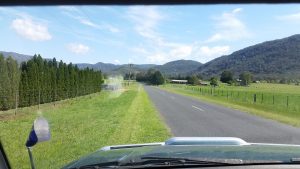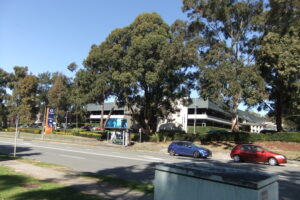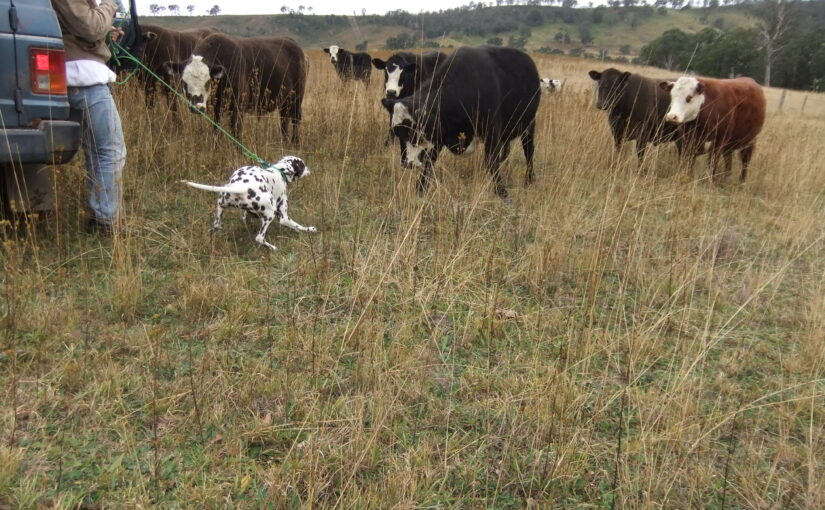Greed driven banks seek riskier loans
Never satisfied, Australian banks today want the federal parliament to allow them to lend voters into even more risky loans. That is in today’s SMH. Riskier for the borrowers that is, not risky for the banks. The banks hold the mortgage over the properties and guarantees for the loan repayments. The borrowers risk everything including their loan repayments. Those can easily be eaten up in bank charges if the loan terms can’t be met. Aussies also suffer from being substantially crowded into capital cities where home prices are off the graph.
Borrowers don’t check until it’s too late!
Few borrowers ever read the restrictive and punitive loan contracts. These bind borrowers to sell their souls to the bank s. The banks make huge profits out of clever Debt Traps. Once the borrowers cannot make the scheduled loan repayments, the Aussie bankers jack up the interest rates. So if the repayments were hard before, they become impossible now. That can continue for years before the bank actually forecloses. then it often takes all the repayments and the proceeds of the mortgaged property.
Bank profits skyrocket as tax rates fall
Bigger profits and lower taxes are keeping Big Bank Bosses in the style to which they have become accustomed, while many Aussies battle to pay their weekly bills. $20,000 to $100,000 a DAY is what big bank CEOs earn. Not bad pay, for a day! Massive increases in profits back those pay packets. In 2023 CBA earned 4,500 times, in real money terms, what it earned in 1971 when I started my Chartered Accountancy practice.
Back in 1971 the company tax rate then was 48% and in 1986 it was 49%, same as the personal tax rate. Today as bankers count their profits in billions rather than millions, our politicians have reduced the company tax rate to 30% compared to the top personal tax rate of 45%. Borrowers need to use their power as voters. They are treated badly mainly because they do not engage with their MPs.
Debt sucks money out of the economy
The huge increase in demand created by high Australian immigration and the large amounts of money some immigrants bring with them, is increasing prices. The ability of people to put much of their spending “on tick” with the banks has also created a spending boom like never seen before. When we no longer need money to buy what we want, life is fabulous. Champagne and caviar all round. Problem is that the interest just adds a little bit more to the price of what we buy. If we leave it on the card then it can make a huge difference to the prices of what we buy. The hangover begins as the bank debt becomes too high to come down. In that way we pay into Big Banks large amounts of money for what we buy, but big banks are cutting back on what they spend on customer services, also to boost their profits.
Much money is moving from consumers to banks via many businesses selling on credit, so banks are rich and customers are poor. The gap widens and people need to borrow more money even for essentials. That is when the Debt Trap works best. People wanting a home or car just want the loan to buy the home. Only later will they think about what happens if the don’t do what the loan contract, that they have not read, requires.
Not just consumers but public services too
That the big banks are sucking money out of our economy in profits and are being taxed at highly discounted tax rates explains why our economy cannot afford to fund schools, hospitals, police and emergency services and many of the other public services that we used to enjoy. The pay rates for university educated nurses, teachers, police and emergency workers, even in the highest ranks, pale into insignificance compared to the Big Bank CEOs
100% loan mark up
There is no need for banks to charge the interest rates they do. Home owners are charged 5% to 6% ; business overdrafts 8% to 10%. Banks can pay as little as 1.5% on savings accounts, 5% is a bit higher than most term deposit rates. So banks are paying 1% to 5% and lending at 5% to 10% or more. That means means a mark up or gross profit margin of 100% on the cost of money. At the same time customer service cost has been halved. It also means that the rates are negotiable. That I where the Borrow Better site saves money. It gives borrowers the best loan going and the ability to negotiate.
Customer alternatives
Bank customers have a few good options. They can hunt around to find the best possible bank loans. Rather than go to a bank-paid broker they can use the Borrow Better website to quickly find and negotiate the best loan deal from their viewpoint. Forget bank-paid brokers on $8,000 to $10,000 per customer.
They can engage a Banking Consultant to help protect them financially and a lawyer to help with the legal protection they need
They can also join Bankwatch and help persuade the elected parliament to develop a customer focussed banking industry with a government bank to boost customer care and provide fixed interest loans.
Let’s stop and take a deep breath before we move on. It pays to expand then consolidate, expand then consolidate.




 businesses are not so vulnerable to weather and commodity prices, many are with our major cities somewhat dependent on beach weather. Recent floods have devastated many businesses. Often such disasters dramatically reduce the security value of a mortgaged property. That is the ideal time to start gentle negotiations for the bank to write off a good bit of the debt. When the debt is reduced, the chances of refinanced are enhanced. Those who have played their cards right will often find themselves refinancing a much smaller debt. That is converting risk into advantage.
businesses are not so vulnerable to weather and commodity prices, many are with our major cities somewhat dependent on beach weather. Recent floods have devastated many businesses. Often such disasters dramatically reduce the security value of a mortgaged property. That is the ideal time to start gentle negotiations for the bank to write off a good bit of the debt. When the debt is reduced, the chances of refinanced are enhanced. Those who have played their cards right will often find themselves refinancing a much smaller debt. That is converting risk into advantage. if it is possible to achieve the same result without borrowing from a bank.
if it is possible to achieve the same result without borrowing from a bank.





